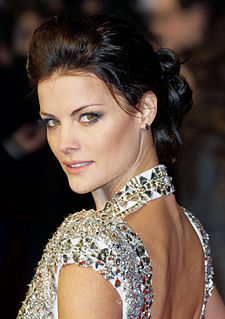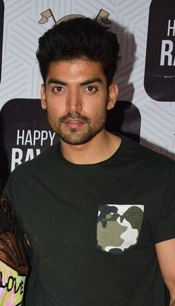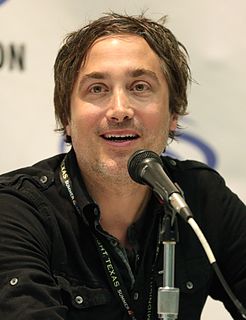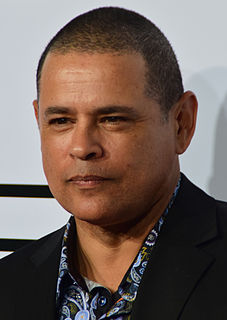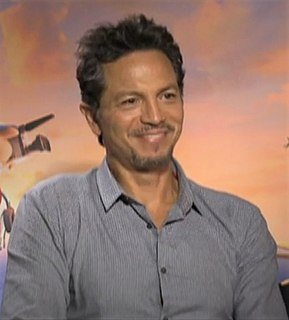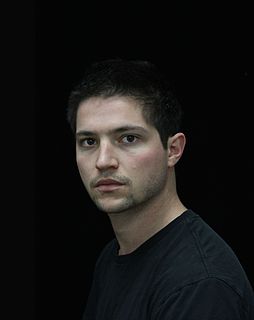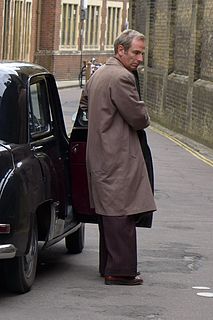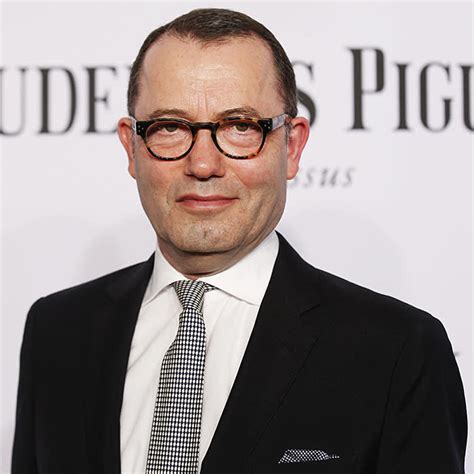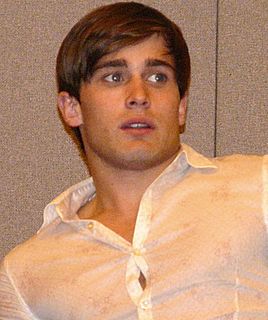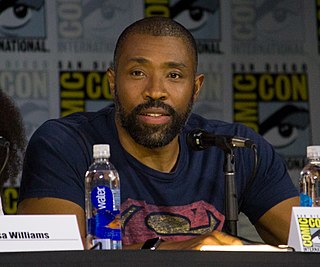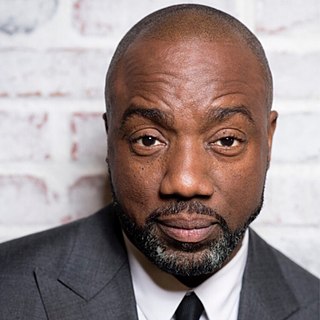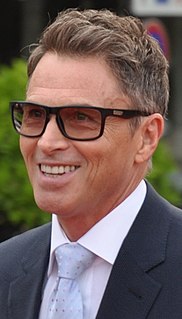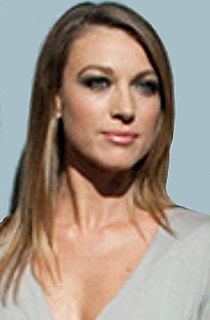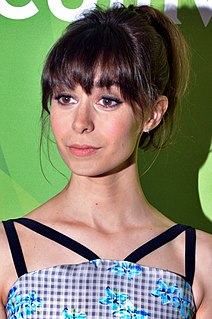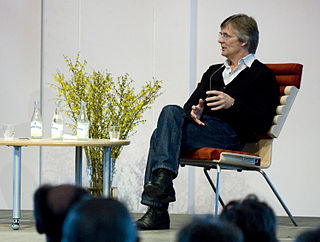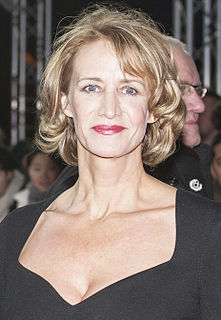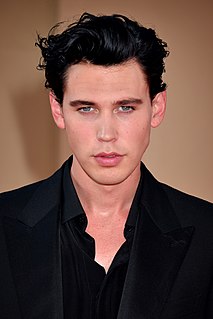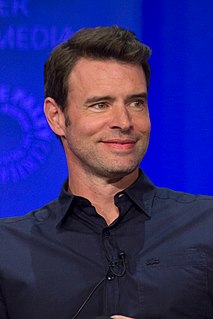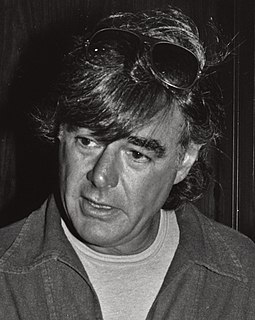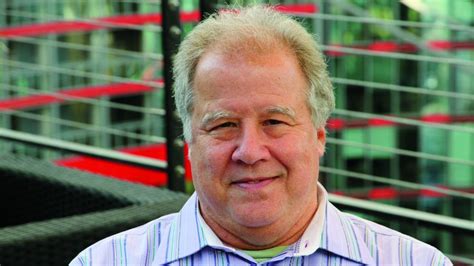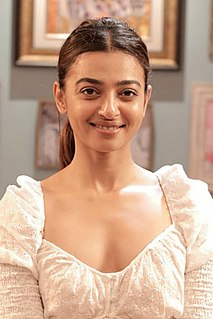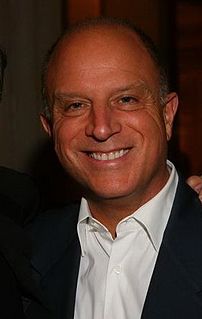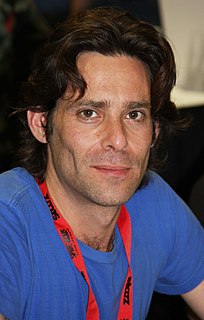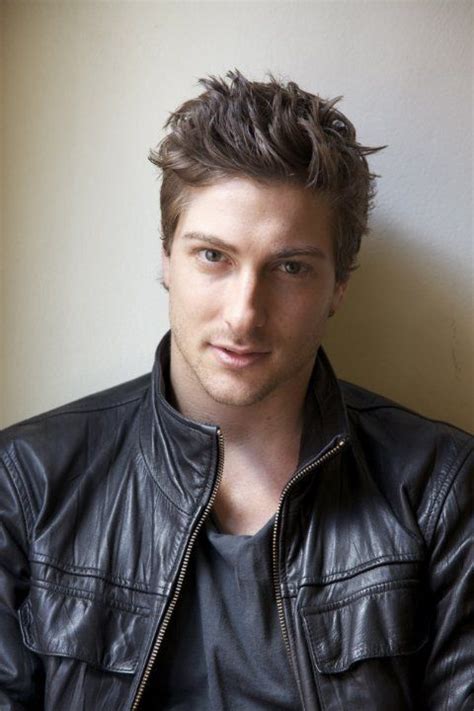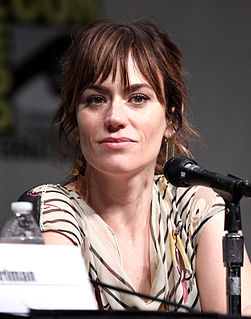Top 1200 Film And Television Quotes & Sayings
Explore popular Film And Television quotes.
Last updated on November 23, 2024.
When I first started making films 30 years ago, people would comment that I was a woman. But strangely, when I was in television, no one ever mentioned that I was a woman. Maybe it was because television and film were different. There were more women working in television than men. There was no split in terms of work - everyone was considered equal
Television is making, there was in independent film renaissance late '80s through the mid-90's. It was an amazing time. Television is doing that right now. So that's why everybody wants to do it. I mean if you're writing stuff like, you know, Fargo, or True Detective, or any of these things that are on, Breaking Bad, there are no rules in television.
I've actually done more [music for] films than television. I love the process of writing for a film. I love that you are creating this suite of music for a film, that's all tied together sonically and thematically and hopefully people associate with the film. They all are meaningful to me in different ways.
There used to be a huge snobbism between the film industry and the television industry. I produced and acted in my first - well way back - but the first thing that I produced and acted in was Sarah, Plan and Tall. And the only place to go at the time for really quality television was Hallmark Hall of Fame. And think how much television has changed since then.
I think where Playground is heading is deeper into that marriage between stage, film and television, with the increasing number of people in the film business working in television, obviously something that we were very influential in starting and doing at HBO. And I think that that's the focus of where I see the company moving forward, continuing to explore that intersection of all that talent.
I grew up doing plays - I went to a stage school after school - and it's always something that I've wanted to do, but, in a weird way, if you do television and film and you didn't go to drama school and don't have a theatrical background, it's hard to get your foot in the door. In the same way that it is for theater actors to get into television and film. There's a weird prejudice that goes both ways.
My first job was television. I got to where I wanted to go, but through a little bit of a detour. When I first started working in film and television, I hated myself - I didn't like what I was doing at all. All I could think of was, 'I'm overacting. Be smaller.' I started to do that, but that was not fun. I felt confined doing film and TV.
It's interesting to me because theater is, on any given day, 10,000 times harder than film and television. And that's not to say film or television can't be hard or challenging; it's emotional to do the same thing over and over and over. But in terms of stamina, there is nothing like an eight-show week to separate the men from the boys.
What I want to do is create great content on television and movies. It is not my role to program only for Latinos, and you can't really assume that Hispanics only want Hispanic content. But I do think that we are severely underrepresented in television and film. And instead of complaining about not seeing ourselves, we should become film producers, directors, and writers, and tell our story.
It makes sense that it's so different from film and television, because it's so in-depth. As actors, when we're in film or television, we can have transcendent moments and we get to work with really creative and incredible people, but it's such a small percentage of your time that's about your process.
Television in the 1960s & 70s had just as much dross and the programmes were a lot more tediously patronising than they are now. Memory truncates occasional gems into a glittering skein of brilliance. More television, more channels means more good television and, of course, more bad. The same equation applies to publishing, film and, I expect, sumo wrestling.
I got into television criticism because I thought it would be easier than film criticism. Film, you had to know 100 years of history, and TV you only had to know 40 when I started. And I thought, "Well, that's going to be so much easier." But film stayed pretty much the same. And television has changed so many times that my head hurts. So I made the wrong call there.
Michael Bay and his team are experts in exciting tentpole-type film and television, and the combination of their film experience plus the great television writers that have come on will be really successful in bringing us something really unique. We are looking to put on these big canvas shows, and Black Sails is going to fit into that. The scripts have been terrific. Everything that we are trying to do is incredibly ambitious, and this is certainly in that category.
Film and television as a medium has only very recently begun to be taught at the great drama schools in the UK. When I was at drama school in the UK, I was there for two and a half years, and we did one week of television and film. It's right before you leave. It's like, "We've taught you Anton Chekhov and William Shakespeare, you are likely to be in a washing-up soap-liquid commercial."
Belushi was one of my very first heroes. At a time when film, television, and music were undergoing tectonic shifts within American culture, he was at the center of it all. At that moment, he had the number one show on television, the number one film at the box office, and the number one record on the charts.


